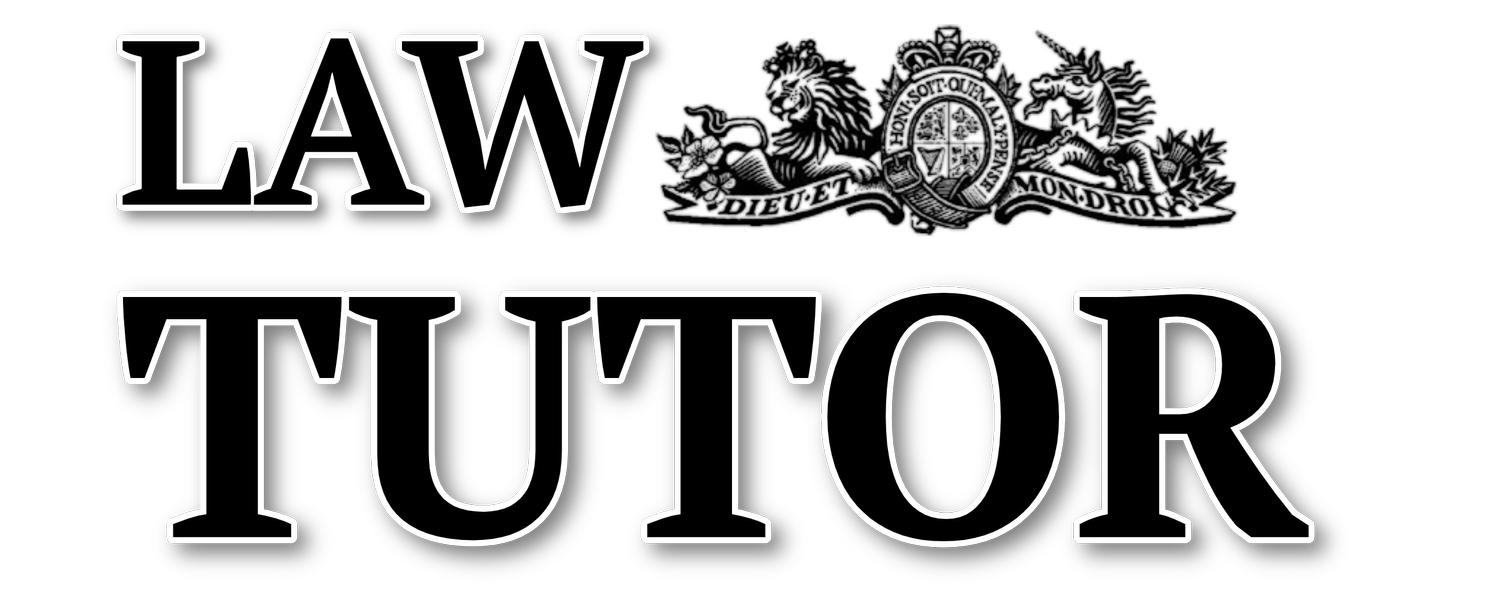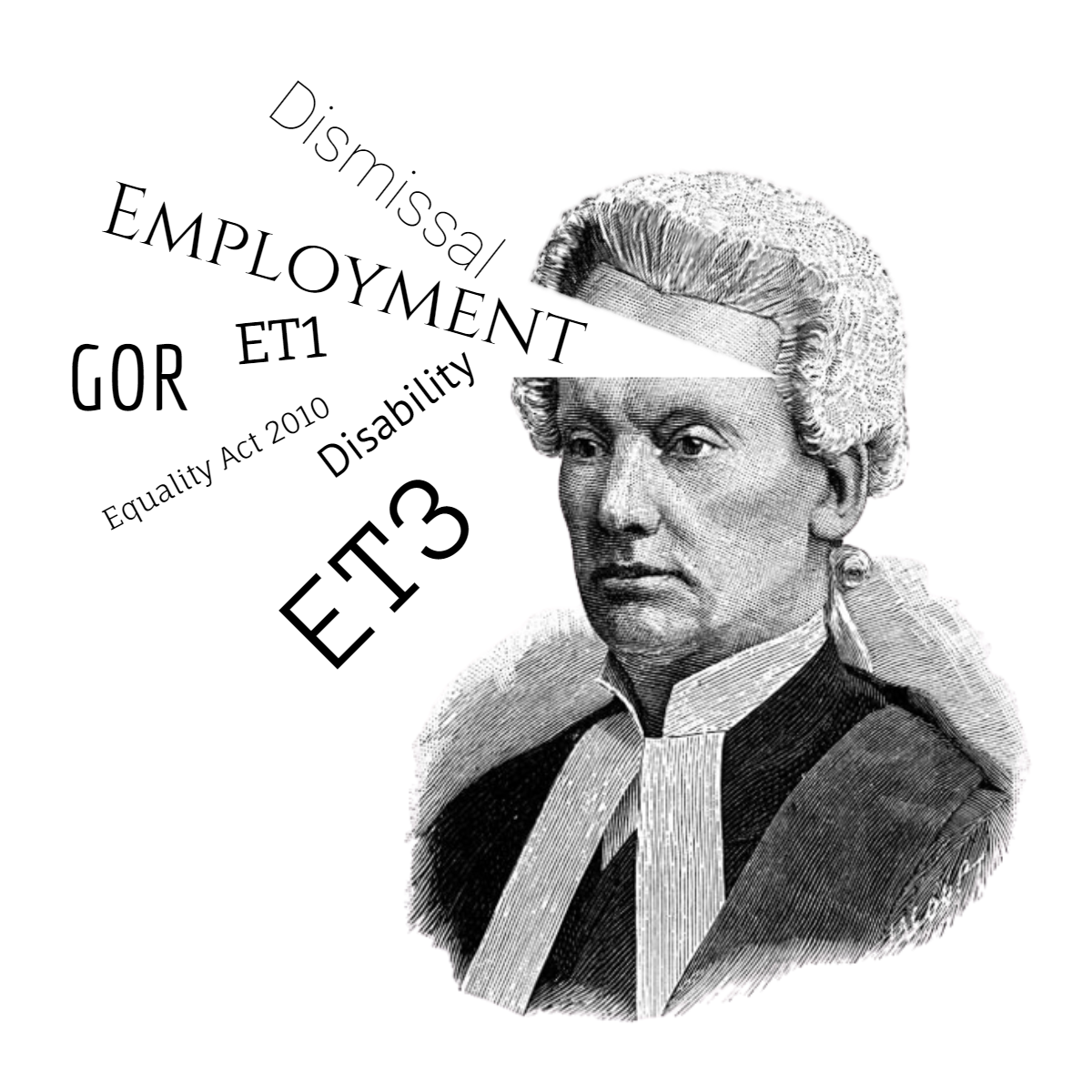Race Discrimination
Your skin colour, nationality, ethnicity, and place of origin may all be factors in determining your race. Members of the Irish Traveller community are recognised as a distinct racial category within the context of Northern Ireland. It is against the law for employers to engage in discrimination on the basis of race. Employers have several opportunities to engage in discrimination that is against the law. These may include the following:
harassment;
bullying;
indirect discrimination;
victimisation;
direct discrimination.
It's possible that your company or a prospective employer is discriminating against you if they don't take anything to prohibit any of these things from happening. It makes no difference whether the act of discrimination against a racial group is premeditated or deliberate, or if the individual engaging in the discriminatory behaviour considers it to be "harmless fun" (banter). The purpose of the legislation is to eliminate prejudice and to penalise individuals who engage in the practise. Racial discrimination legislation namely the Equality Act 2010 covers all aspects of employment, including:
pay;
terms and conditions;
redundancy;
dismissal;
recruitment;
training;
promotion;
working conditions.
It is possible for there to be protection even after the professional relationship has come to an end in certain situations. Any or all of these contexts are susceptible to discrimination, which may take either an overt or covert form.
Direct discrimination
When one person treats another less positively than they would treat someone else, such behaviour is discrimination. Any kind of discrimination that is based on racial grounds is against the law. You may be subjected to racial discrimination on the basis of your own race, the race that others believe you to be, or the race of someone who associates with you. Despite its apparent simplicity, however, this stance often presents tribunals with tough challenges. Employers almost invariably take the position that any allegations of discrimination against them have nothing to do with race. When faced with such a circumstance, the tribunal is tasked with determining the genuine and substantial motivation behind the action taken by the employer. It makes no difference what an employer's motivation is, and the rationale argument cannot be used where there has been blatant discrimination.
Indirect race discrimination
If the employer can demonstrate that the working practise in issue is justified, or in other words, that it is a reasonable way of attaining a legitimate purpose, then the employer is not in violation of the law. However, if the employer is unable to demonstrate that the working practise in question is justified, then the employer is in violation of the law.
Harassment
On the basis of the victim's race, ethnicity, or national origin, harassment occurs when the harasser engages in unwelcome behaviour with the aim or effect of (a) breaching the dignity of the victim or (b) producing an intimidating, hostile, degrading, humiliating, or offensive environment for the victim. Harassment may take place in any setting where a person's race, ethnicity, or national origin is a factor. Conduct is only going to be considered to have the impact of violating someone's dignity or producing an intimidating atmosphere if, in all of the circumstances, including the victim's view, it may fairly be understood as having that effect.
As a result, the definition of harassment is sufficiently broad to include the majority of different sorts of harassment, such as the use of harsh language, an excessive amount of monitoring of work, an excessive amount of criticism of someone's work. On the other hand, the idea of the victim's 'reasonableness' may, under some circumstances, make it difficult to win such claims. Harassment is normally pleaded in the alternative to direct discrimination.
Your Employment rights
You have the right to be paid the same amount as your coworkers, get the same benefits, and work under the same circumstances. You also have the right to work without worrying about being discriminated against in any way. Your employer is breaching the law if they enable discrimination of any kind in the workplace, including racial discrimination. You also have the right to not be persecuted for speaking out against racial prejudice and taking action against it. It is not possible, for instance, for your employer to summon you to a meeting of the disciplinary council if you allege that you have been discriminated against on the job. Keep in mind that prejudice does not have to be an intentional act, and that individuals may not even realise they are engaging in discriminatory behaviour. If you feel that your racial equality rights have been violated and you have already filed a complaint, you should schedule a coaching appointment so that you may discuss how to proceed with the situation.
Positive action
Positive action is a sort of legitimate discrimination that is permitted under certain circumstances. These circumstances include when a certain racial group is under-represented in the workplace or when it is reasonably believed that the group suffers from a particular disadvantage. This could take the form of providing assistance and education to members of a certain racial group. This is permissible in Northern Ireland for the purpose of meeting unique requirements, such as training, to enable a racial group to compete for certain job if the group is under-represented in that field of work. For example, if a group is under-represented in the construction industry, this would be acceptable. Similar regulations are in place to encourage members of certain racial groups to participate in the activities of trade unions, employer organisations, or any other professional or trade organisations. However, it is against the law for a company to hire someone based on racial considerations, even if they promote applications from people of other races.
If you are a victim of racial discrimination
You need to speak with your line manager if you believe that you are the victim of discrimination. If you do not believe that the problem has been satisfactorily remedied, you need to file a formal complaint about the situation. We are able to provide you with guidance about the next step to take. During the employment law coaching session, we will provide you the opportunity to explain your claim. You are more than welcome to make use of any one of the free discrimination templates that we provide. We provide a call that evaluates the merits of your claim, during which we discuss the positive and negative aspects of your situation. In addition to this, we provide a document review service, in which we examine all of the documents and give advice on what is required and the best course of action prior to litigation. Keep in mind that there are stringent time limits that apply when alleging discrimination at work (often three months and one day), (the time limit in Northern Ireland is typically three months precisely), so make sure you get in touch with your representative as soon as possible.
Employment Coach
Employment coaching service has been developed to provide individuals the ability to overcome their own workplace conflict or employment concerns, when they do not have want to pay a retainer to hire a solicitor. I provide an affordable alternative to expensive solicitor’s fees, and I am able to walk you through the steps of any procedure as well as provide the paperwork that you will want for your workplace dispute. The fees of solicitors are high and these legal costs you incur are not recoverable because costs are rarely awarded in employment tribunal. Getting access to good advice does not have to be expensive it should be straightforward and honest and will resolve your problem, normally with compensatory settlement.
Employment Adviser
I have 20 years of experience teaching law. Additionally, I have a lot of expertise in employment law and have helped individuals as well as companies. There have been a lot of profitable results, but more than that, I have had hundreds of cases that settled because the employer was unable to win. Why not have someone teach you employment law if you are experiencing issues at work? When you are facing problems at work, I can provide you helpful suggestions and guide you to a positive result. Employment matters where I advise, seldom go to final hearing at the employment tribunal, because the case has been argued correctly from the outset. Here are some examples where I can help you:
Help offered
I am facing discrimination at work
I am facing maternity discrimination
I am facing race discrimination
I am facing disability discrimination
I want to bring a tribunal claim
How do I prepare for a Preliminary Hearing?
How to prepare a list of issues
How to prepare a schedule of loss
What is asserting a statutory right?
Claim constructive dismissal
Is my Redundancy fair


